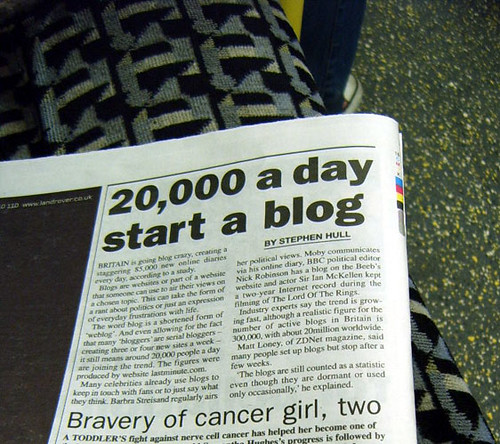I read this post yesterday: Spammers, Evildoers and Opportunists by Derek Powazek with much interest.
Derek discusses SEO, and suggests that anyone offering SEO services is a conman and that SEO practices are damaging the web. While I think the first assertion is false (because many websites need a dose of SEO before they get significant traffic from search engines) I do agree that SEO practices are filling the web with trash.
The way Google works is damaging the web.
I’ve thought this before, and have blogged about the pointlessness of web directories (web directories are a large subsection of the web that seem to exist purely to provide links to other websites, while adding no real value to anyone).
But how do we fix the system so that people aren’t encouraged to ‘game’ the system, and add junk to the web in their quest for more links?
I always encourage clients to look for ways to add value to the web. If you want to be found, try being useful. Rather than adding junk for the sake of links or fresh content, try adding useful information.









